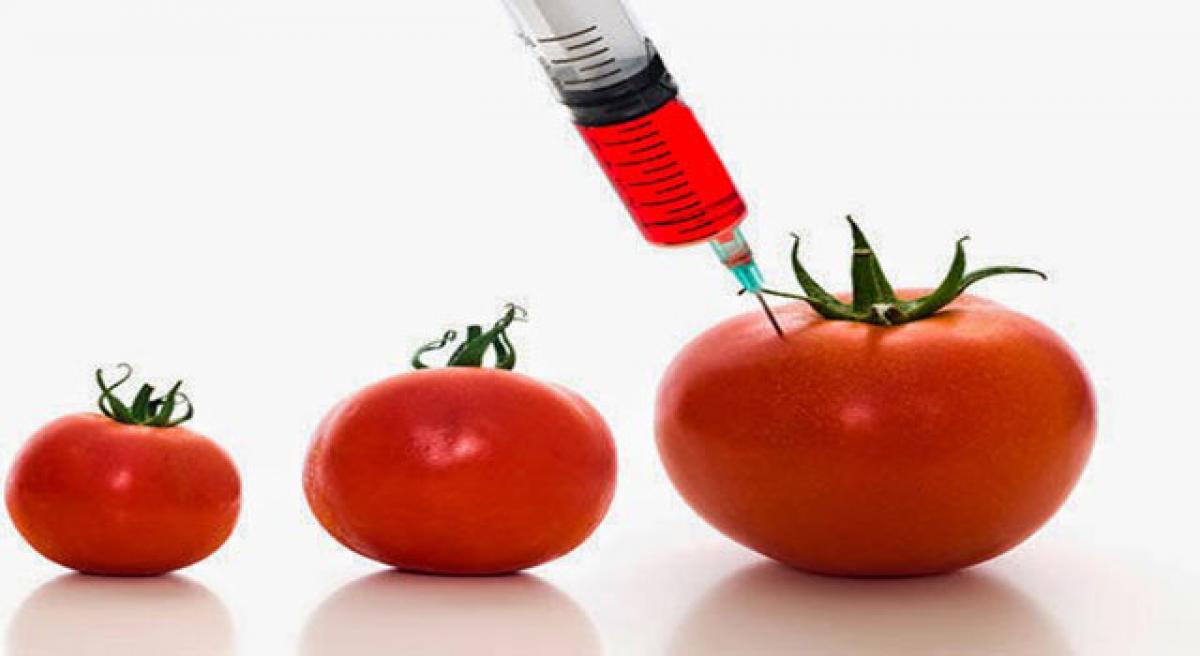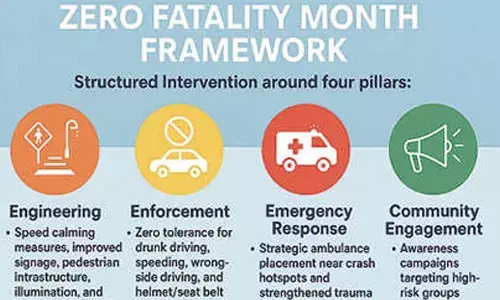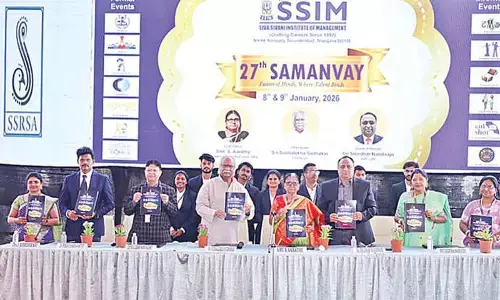What is transgenics?

Transgenesis is the process of introducing an exogenous gene called a transgene into a living organism so that the organism will exhibit a new property and transmit that property to its offspring.
Transgenesis is the process of introducing an exogenous gene called a transgene into a living organism so that the organism will exhibit a new property and transmit that property to its offspring. Transgenesis can be facilitated by liposomes, enzymes, plasmid vectors, viral vectors, pronuclear injection, protoplast fusion, and ballistic DNA injection.
Transgenics describes the process of introducing foreign deoxyribonucleic acid (DNA) into a host organism's genome . The foreign DNA, or "transgene," that is transferred to the recipient can be from other individuals of the same species or even from unrelated species. Transgenic techniques have been used for a number of goals: to determine an unknown gene's function; to analyze the malfunction of a mutated gene; to model human disease; and to provide better agricultural and pharmaceutical products by making transgenic plants and animals.
For example, insect-resistant transgenic plants have been engineered. While the benefits of modified plants and animals are far-reaching, there is debate about the ethics of genetically altering plants and animals, and the impact these alterations may have on the environment, writes biologyreference.com.
gmoinside.org lists several concerns over GMO foods. One of the biggest problems with genetically modified foods is the lack of independent research on the subject. Superbugs and superweeds, a consequence of GM foods, are becoming a bigger and bigger problem. GM foods containing pesticides within their genetic makeup or that are genetically engineered to withstand pesticides are beginning to spurn the evolution of new, stronger, poison-resistant breeds of weeds and crop pests.
GM foods have inspired stronger weeds and pesticide-resistant insects, and the solution to that problem has been to create even stronger pesticides to eradicate these crop parasites. The GM crops behemoth has brought lawsuits against small business and individual farmers accused of “stealing” seeds or illegally “planting” its branded seeds without permission, most of whom have extremely meager means when compared to the behemoth company and were most likely victims of accidental and nearly unavoidable cross-pollination, rather than thievery.
Although many are absolutely convinced that GM foods are harmless, many countries have outlawed them entirely. Some are so opposed to it that they will go as far as to deny GM food donations even when many of their citizens are literally starving to death..
















